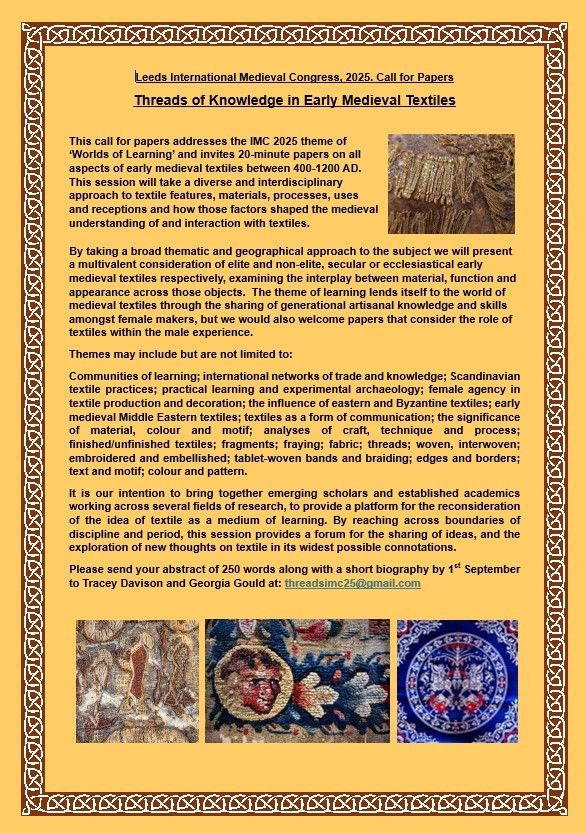I'm currently working on translating (and shortening...) our NESAT presentation for an upcoming conference in German, and this, together with some other things, has made me ponder how presentations at NESAT, but also other conferences, have changed during the past years. Or maybe I should really say decades, but that makes me feel old.
Back when I started out in Uni, standard was still having slides, and one of the guidelines that a tutoring archaeologist gave us was two slides (shown in parallel) per minute when you are planning your presentation.
Then came the advent of PowerPoint, and the utter freedom to have as much text, and as many pictures, as you wanted. In as quick a sequence as you wished to, because you're doing the clicking yourself and don't have to say "weiter" (or knock) so your helper puts in the next slide.
At the last NESAT, we had one old-style paper presentation (with powerpoint, but the rest of how it was designed was really more like back when slides were the usual thing), and the rest of them were all "modern style". The big difference, for me, was that the old-style presentation was slow enough in both text and images that you had enough time to jot down the key points and you could even have made a quick sketch of the key parts of the images. With the modern style presentations, you stand no chance. Information density and slide speed is so high that you cannot write fast enough for all the key points, let alone try and sketch something. Very few exceptions apply, but for me, the way to get the most out of the papers in modern style is to write down the things I find important or interesting that the speaker says, but that are not written as bullet points on the corresponding slide - and I make a photo of the slide in addition to that.
Thinking back, this has changed over the past years too, I remember being able to write down more of the content that was presented. I don't think I have gotten that much slower in writing; my impression really is that the papers have become more densely packed with information all the time. (I do confess guilty of trying to fit as much into my presentations as possible, so I have definitely played my part in this development. Case in point - our NESAT presentation had 47 slides in total, for a run time of max 20 minutes. That's about 25.5 seconds per slide if you distribute the time equally.)
Looking at it like this, it's a small wonder we were all so tired after the conference days! It also seems to be quite different in other disciplines... which I also find very interesting. Maybe I should venture out to more neighbouring discipline conferences in the near future, to compare.






